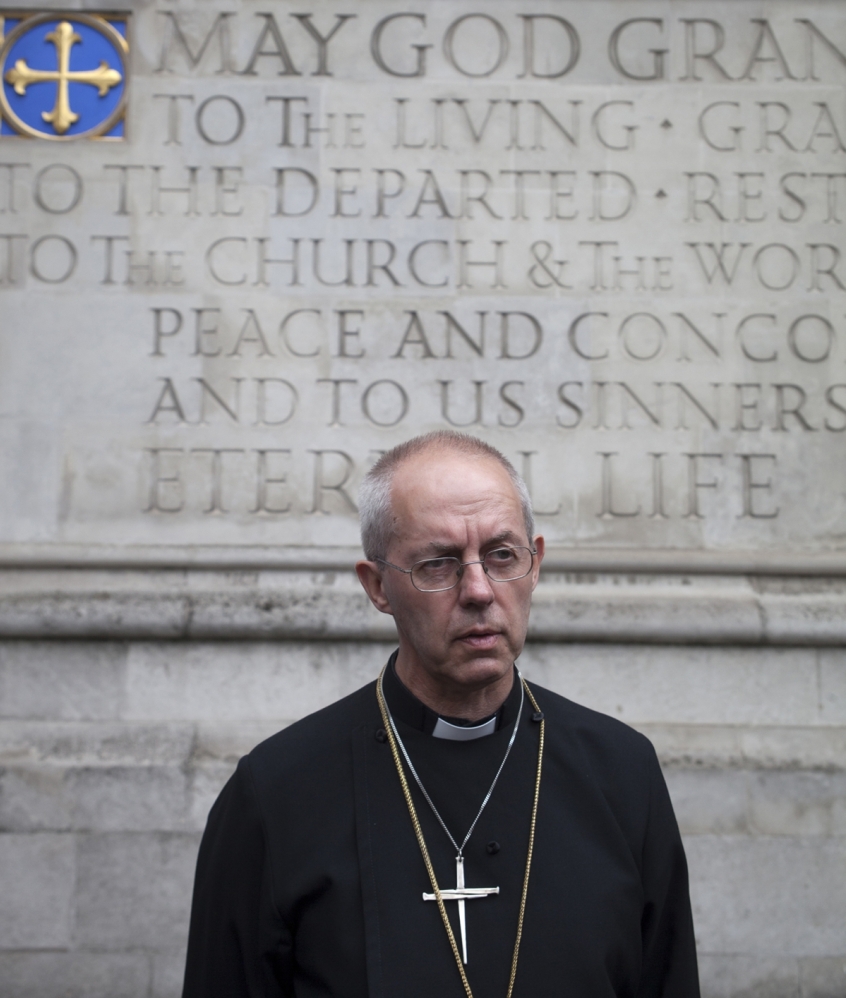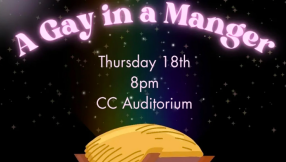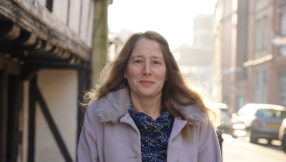
The way to counter extremism and the climate of "tension and fear" is through providing an "exciting and beautiful" alternative, according to the Archbishop of Canterbury.
He said Britain is "living in a time of tension and fear" to a gathering organised by Muslim leaders in Cardiff.
It is not enough to simply condemn hate preachers without putting forward a genuine and powerful alternative to drown them out.
He both recognised the similarities between Islam and Christianity while emphasising that it is crucial not to "gloss over" fundamental differences.
At the interfaith dinner hosted by the Muslim Council of Wales, he insisted that many faiths had struggled with radicalisation, and that Christianity particularly must not deny "accountability" for the role their faith has had in atrocities.
He put the onus of accountability on each religion for when their scriptures are taken and misused, but also that the mainstream of each faith should not just condemn, but work in the opposite spirit to work for the positive.
"There has to be more honesty and willingness to take responsibility for those in our own faith traditions who interpret our texts differently and resort to violence," he said.
"I cannot stand here and say to you that those who professed Christ and committed the atrocity of Srebrenica were not Christians. I can only say they acted in a way contrary to all the teaching of Christ.
"But I must not deny the accountability of the Christian faith over the century for miscellaneous and many atrocities."
He added: "We have unequivocally to condemn those who misuse our own scriptures for their own ends but condemnation, a negative, is never enough.
"It is not the common good simply to condemn, it does not show anyone anything of the goodness of God.
"The mainstreams of our faith are not at the mercy of the radicalisers who seek in all the major faith traditions of the world – I could quote examples [involving] other traditions as well as Christianity and Islam – to radicalise and marginalise the mainstream.
"That is the aim of the radicalisers, they want to marginalise the great traditions of their deferent faiths.
"The mainstream faiths ought to generate a positive, not just condemnatory, a positive counter-narrative that acknowledges our differences and commits to resource and support one another in defiance of those who wish to divide us.
"The counter-narrative must be so exciting and so beautiful that it defeats the radicalisers with their message of hate, despair and destruction."
















